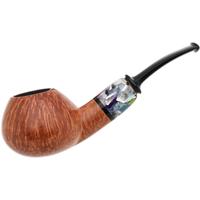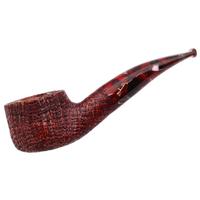Right, I got the OED II out today and volume IV page 389 gives us...
DEFLUCTION:...a bad form of Defluxion.
DEFLUX:Obs...to fall off in influence. "If wee observe the middle time of the eclipse or full moone...shee defluxeth from the opposition of the sunne, to the conjunction of Saturne." [Needham: Levellers levelled 1647]
DEFLUXION: A flowing or running down. "The emptying of an houre glasse consisteth not onely in the falling of the last graine of sand, but in the whole defluxion thereof from the beginning. [Hayward: Sanct. Troub. Soul 1616]
2 A falling off (of hair).
3 (In pathology) A supposed flow of 'humours' to a particular part of the body in certain diseases. The flow or discharge accompanying a cold or inflammation; a running at the nose or eyes.
4 Something that flows or runs down.
5 An effluence, emanation.
So basically snot to you and I : :
:
Regards,
Jay.
DEFLUCTION:...a bad form of Defluxion.
DEFLUX:Obs...to fall off in influence. "If wee observe the middle time of the eclipse or full moone...shee defluxeth from the opposition of the sunne, to the conjunction of Saturne." [Needham: Levellers levelled 1647]
DEFLUXION: A flowing or running down. "The emptying of an houre glasse consisteth not onely in the falling of the last graine of sand, but in the whole defluxion thereof from the beginning. [Hayward: Sanct. Troub. Soul 1616]
2 A falling off (of hair).
3 (In pathology) A supposed flow of 'humours' to a particular part of the body in certain diseases. The flow or discharge accompanying a cold or inflammation; a running at the nose or eyes.
4 Something that flows or runs down.
5 An effluence, emanation.
So basically snot to you and I :
 :
:Regards,
Jay.










